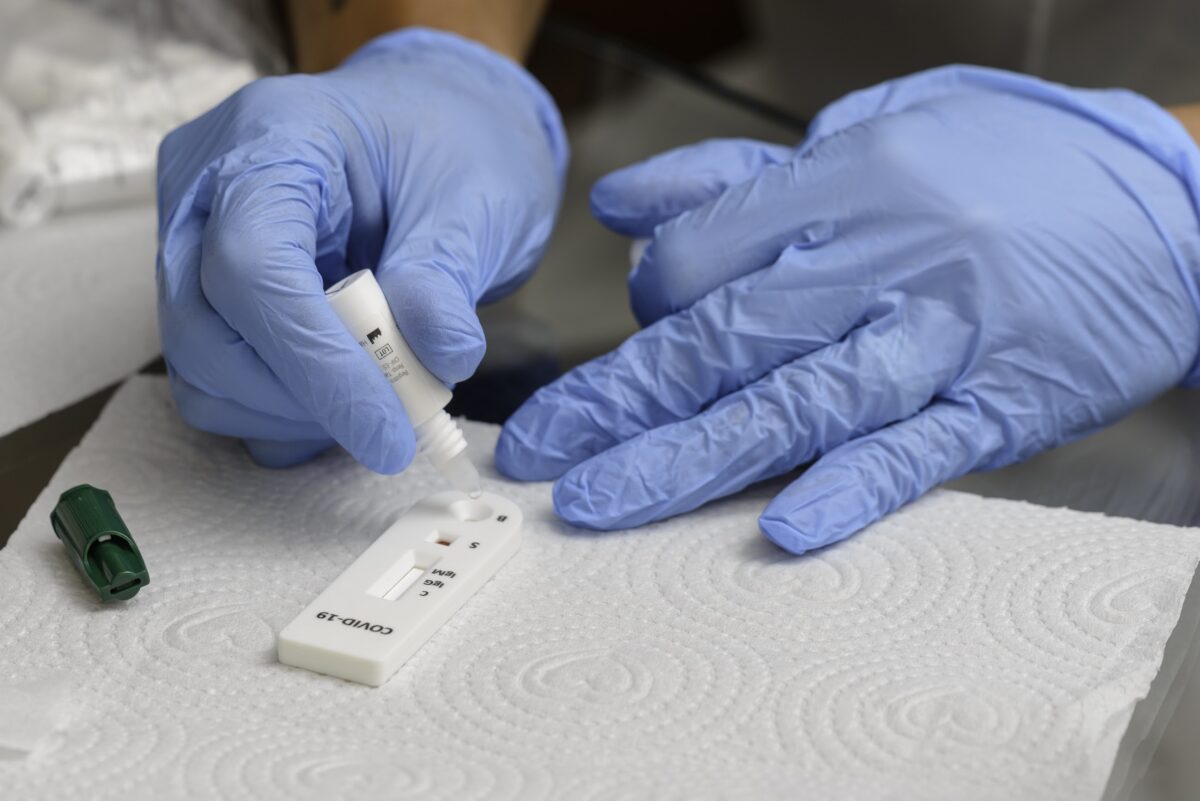New partnership to prepare for rapid antigen testing in Africa
On September 11, 2022 the Foundation for Innovative New Diagnostics (FIND) and the Africa Centres for Disease Control and Prevention (Africa CDC) announced a new partnership to prepare for the introduction of new high quality antigen rapid diagnostic tests for Covid-19 over the next three years.
Fast and reliable testing has emerged as a cornerstone of the global response to the COVID-19 pandemic but has only sometimes been available to African countries during the pandemic.
Access to diagnostics also presents a significant hurdle in the fight against Covid-19 and other diseases, including TB and malaria.
Regulatory interventions have smoothed out the supply of accurate and fast antigen tests, but it has now become necessary to build capacity to ensure a speedy rollout.
While there have always been global inequities in accessing diagnostics, these became clearer and worse during the Covid-19 pandemic, with supply chain wars and quality issues impacting heavily on the situation.
In response to the announcement Dr. John Nkengasong, Director of Africa CDC, stressed the importance of fast and accurate results so that patients can be isolated and health workers can trace close contacts, especially in low- and middle-income countries (LMICs).

